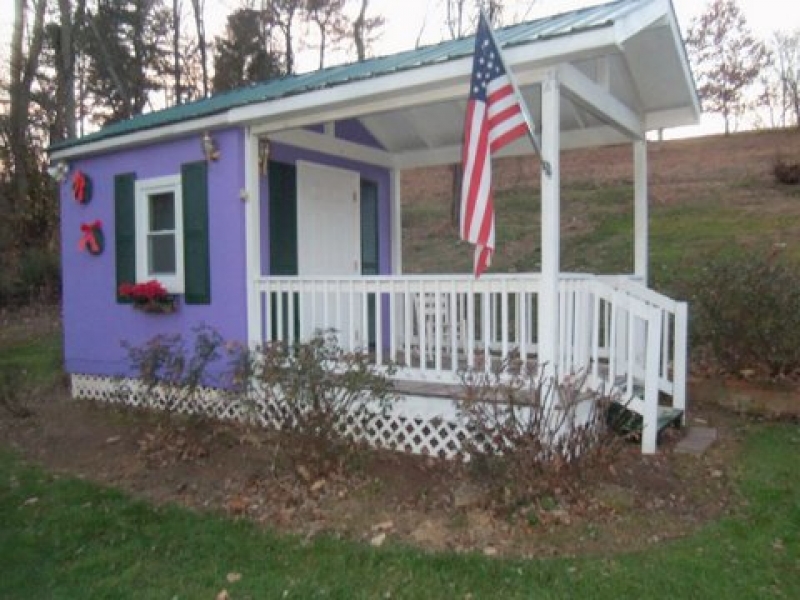Freezing local temperatures could mean a significant loss in crops for some farmers in Western North Carolina.
Particularly at risk are peach and apple growers who’ve seen their orchards begin to bud earlier than usual.
“Plants respond to weather,” says Dr. Terry Kelley, director of the Henderson County Extension. “If it warms up they’re (plants) going to think it’s getting toward spring.”
And it was the early warm up, Dr. Kelley says, that accelerated the budding of peach and apple trees about two weeks before normal. As a result, some trees, especially peach trees, are starting to flower, which puts them at a greater risk of damage.
In Henderson County, memories of the April freeze of 2021 are still fresh for farmers. Some orchards lost as much as 80% of their apple crops, a loss that had a devastating economic effect for many of the growers. Stepp’s Hillcrest Orchard is among a small group that have taken steps to mitigate the potential damage with the use of wind machine technology.
“You could use a wind machine to pull down warm air, mix with the cold air, and you can raise the temperature a few degrees,” says Mike Stepp, owner at Stepp’s Hillcrest. He invested in the technology that's designed to keep air moving and minimizing the accumulation of frost on the trees. According to Stepp, a few degrees may be enough to save a crop.
For apple growers like Stepp it is likely that some varieties will take a hit. Among those varieties most likely to experience a loss are those early to bloom varieties, like mutsu apples and pink lady apples. For Stepp, who grows over 20 varieties of apples, the risk is related to the maturity of the apple blossoms.
“We’ve got apples,” he says, “that are in several different stages, some a lot more mature than others. Those ones that are further back, they can obviously stand more cold than the ones that are further along.”
Peach growers, like Haywood County’s KT Orchard, are concerned a sustained freeze could wipe out an entire crop.
“Not a whole lot I can do about the weather,” says Howard Taylor, owner of KT.
For him, the concern is about how long the freeze lasts and how low it goes.
“If it’s less than four hours at 24 degrees, we’ll have a crop. If it’s more over that, we won’t have a crop.”
Tips to prepare for freezing temperatures
The National Weather Service offers several tips to prepare for cold and freezing weather:
- Check the Forecast: Make checking the forecast part of your regular routine so you'll know when to expect cold weather.
- Adjust Your Schedule: If possible, adjust your schedule to avoid being outside during the coldest part of the day, typically the early morning. Try to find a warm spot for your children while waiting for the school bus outside.
- Protect Your Pets, Livestock and other Property: If you have pets or farm animals, make sure they have plenty of food and water, and are not overly exposed to extreme cold. Take precautions to ensure your water pipes do not freeze. Know the temperature thresholds of your plants and crops.
- Fill up the tank: Make sure your car or vehicle has at least a half a tank of gas during extreme cold situations so that you can stay warm if you become stranded.
STORY & PHOTO COURTESY OF ABC 13 WLOSMountain farmers brace for freezing temperatures; tips to prepare | WLOS

















